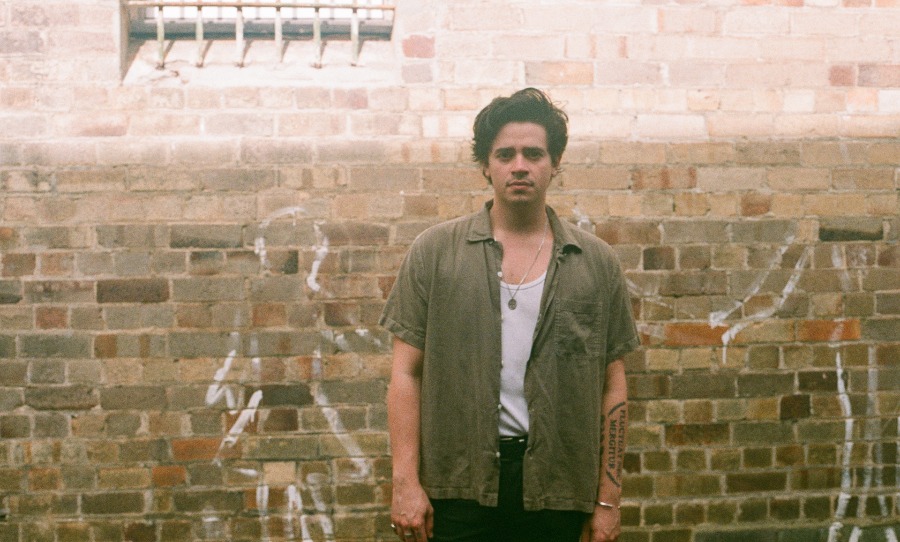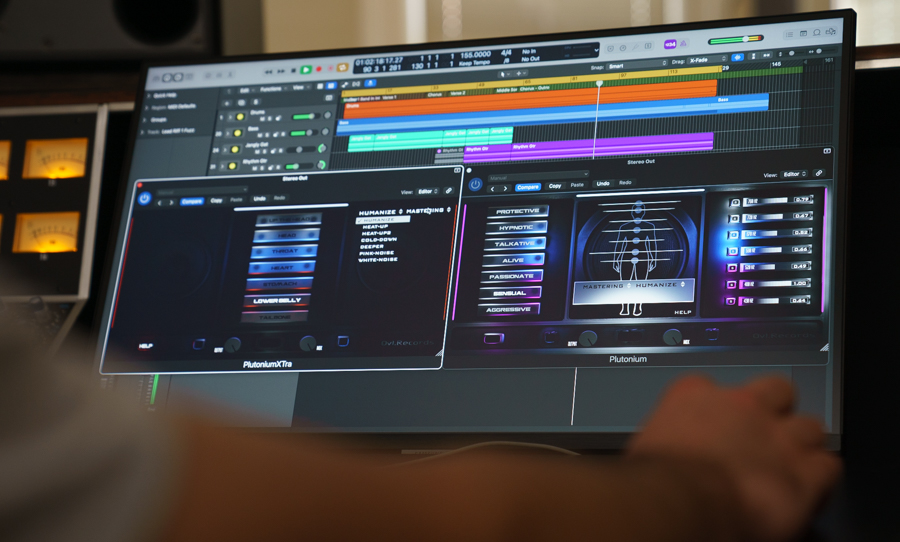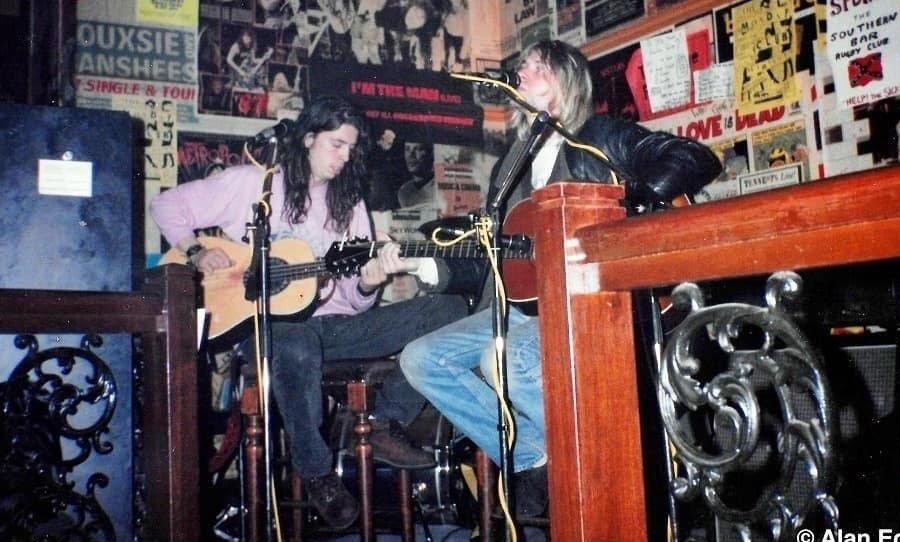Dreamy and abundantly raw artist, Timothy Loren, reveals the lessons learned navigating the music industry as a budding producer.
Songwriter and producer, Timothy Loren unleashes his wisdom to new time musicians willing to deep dive in their music without hiring a producer.
Coming from the release of his tracks Who You Are To Me and Take Me Home, the Sydney resident, originally from Florida, cracks open the limitlessness in the music world if you’re willing to put in the work and invest in yourself.

Check out Loren’s five tips on producing below:
When I decided to self produce my own music instead of hiring a producer to do it for me, I was pretty intimidated by the task. Like most musicians, I was broke but I was sitting on songs that I knew I wanted to get out into the world. I didn’t have a whole studio at my disposal but what I did have ended up being more than enough.
By no means am I an expert producer, but what I’ve learned while self producing my own music has been incredibly valuable to me and I hope that It will be to you as well.
Starting small is okay
Thinking about self-producing your own music can be a daunting task and you may have this overwhelming feeling that you’re underprepared. Although that may be true, thanks to modern technology making your own music has never been easier.
Like most new things, the best way to start is small. Don’t worry if you don’t have a tonne of experience or a huge studio to go to. Some of the best tracks I’ve ever heard were recorded in the free “lite” version of Protools without the equipment you get by recording in a studio. I’m a big believer in doing the best you can with whatcha got.
Oftentimes, starting out with little know-how and limited gear, can be the catalyst for exponential creativity.
Invest in yourself
If you’re going down the self producing route and you have some money to spend on gear, I’d recommend doing so, just don’t go overboard. All you really need is a “good” microphone, a decent interface, some sort of playback (speakers/headphones), a reliable DAW (I recommend Logic for any first-timer), and your instruments.
It doesn’t seem like much, but the magic is in yourself, not your gear. Investing in yourself doesn’t only mean buying new gear. It can look like spending time watching youtube videos on music production or buying a course on the subject.
In the long run, It’ll probably pay off a bit better than shelling out thousands of dollars to someone who may end up butchering your song.
Trust your ear
Sometimes it can be easy to start thinking about all the technicalities that come with music production. No, you’re not a pro. No, you’ve never done this before.
No, you don’t know what all those knobs do. But you know exactly what you want your song to sound like, and the biggest payoff you’ll get from making your own music is in the journey of figuring out how to make your song sound like it does in your head.
Trust what you’re hearing when you’re making your own music. Whenever I finish a mix, I bounce it out and listen to it through regular iPhone headphones. I do this to inform myself as to how my song might sound to the majority of future listeners. It’s really helpful when trying to figure out exactly how I want a song to turn out.
View this post on Instagram
Know what to outsource
I play a few different instruments and when I’m producing a song I try to write parts for all of those different instruments. However, It would be really difficult fitting a drum kit in my tiny apartment and it would be even more counterproductive to try to record that drum kit there.
Seriously, I live in a damn cinder block. Sometimes you have to outsource. In some cases, paying someone to record instrument parts might not only end up being more cost-effective, but doing so will usually add a flair to your song that you may not have been able to get on your own.
Although I mostly recorded my latest single in my apartment, I took to a studio in Sydney to record vocals and I had a friend back in the US record drums. Doing so made a huge difference.
Seek Feedback
This might be the most important bit of advice on this list and it will also probably be the hardest pill to swallow. If you know anything about the music industry, you know it’s pretty damn cut-throat. A lot of artists would like to be tucked away in a studio, creating songs into oblivion while being adored by a plethora of devoted fans.
However, that’s not the case. If you’re making your own music, whether you’re a pro or a newbie, get feedback on your work. Find a friend (or an enemy, perhaps?) who you trust to be real with you. If it’s somebody musically inclined, even better.
One time, I showed a good friend of mine a song that I was really excited about and he called it lifeless. So I kept working on it till it had a bit of life to it. Obviously, take feedback with a grain of salt, some people don’t know what they’re talking about, but it would be worth your time to know who does and who doesn’t.
View this post on Instagram
I believe wholeheartedly that music production is a skill that every musician should have, especially if you’re a musician that wants to make a name for yourself.
To me, producing is just as much songwriting as writing lyrics is. It’s all part of the craft. Sure, you can get by without knowing how to produce music, but if you take the time to cultivate that skill I think you’ll be a much better artist in the long run.
Check out Timothy’s music below:



